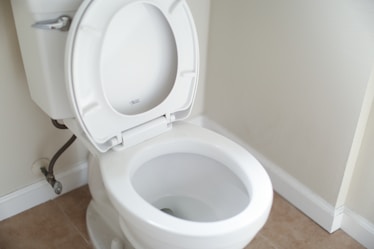
First published: 28 May 2021 @ 10:12 am
Treatments for the inferiority complex include behavior therapy, group therapy, and family therapy. Therapists try to help children understand that what they think are limitations are often just figments of their imagination.
The therapist may also have to help parents understand children can develop skills that will help them overcome perceived limitations.
Behavior Therapy
The goal of behavior therapy is to reduce anxiety and enhance self-esteem by changing behavior. In this type of therapy, we ask the child to take small steps towards achieving success.
Parents can help by identifying activities they think their child might be able to do successfully. Once the child tries these activities, we should give reward for their efforts, whether he or she succeeds.
As the child builds confidence through success, it becomes easier for them to tackle more tasks without fear of failure.
RELATED: Anxiety in Childhood: Will It Ruin Children’s Future?
Group Therapy
Group therapy can also be helpful in treating children with an inferiority complex. It allows them to see that other people share similar fears and feelings about themselves as they do about themselves. It also gives them a chance to compare their feelings with those of other children who suffer from the same problem.
Children may also be encouraged to talk about their feelings in a group setting, where they can receive feedback from other group members. Group therapy sessions can also help children understand that they are not alone in their feelings and problems.
Family Therapy
When an inferiority complex is present in a child, it often affects the entire family. Family therapy is often used to treat this problem because it allows all members of the family to participate in discussions and share their feelings about the situation.
In some cases, a child may need family therapy if a child has been abused or neglected by a parent or caregiver. In these cases, the therapist will work with both parents and children to resolve any issues resulting from abuse or neglect.
If you have found this article helpful, please share it with your friends and family. Make sure to visit our blog, Mature Parent, and read our other articles on parenting for more helpful advice!



